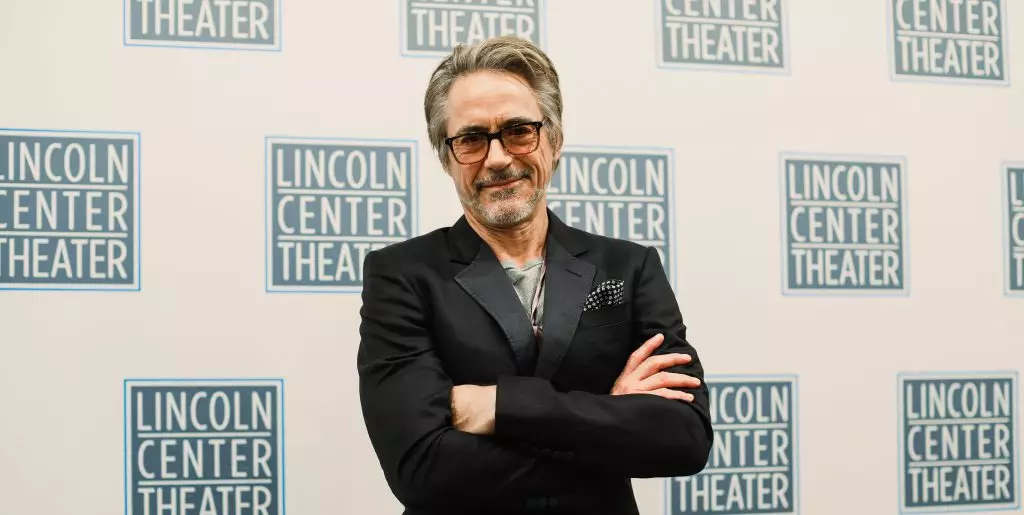Robert Downey Jr., renowned for his captivating portrayal of Tony Stark in the Marvel Cinematic Universe, has recently voiced strong opposition to the use of generative artificial intelligence (AI) to recreate his likeness or character. In a notable appearance on the podcast “On With Kara Swisher,” Downey engaged in a thought-provoking discussion alongside playwright Ayad Akhtar and director Bartlett Sher, focusing on the implications of AI technology in today’s world. This article explores Downey’s concerns regarding AI, the moral implications of its use in entertainment, and his perspective on the future of storytelling.
During the podcast, Downey shared that his feelings about the expanding use of AI technology are minimal. He emphasized that he leads an emotionally rich life, which occupies a significant portion of his mental space, leaving little room for consideration of AI’s potential impact on his legacy. This sentiment reflects a broader notion within the entertainment industry: that a connection exists between actors and their roles, one that AI cannot faithfully replicate. Downey’s concern highlights a fundamental question—what does it mean for an actor when a machine can mimic their likeness without the emotional depth and authenticity that a human brings to the performance?
In the conversation, Downey touched on the notion that future executives in the film industry might seek to resurrect his iconic character of Tony Stark using AI technology. Though he expressed confidence in the current leadership at Marvel not to exploit his character’s essence, his quip about intending to sue future executives underscores a growing anxiety regarding the unchecked power technology grants to those in charge. His humorous remark—“I would like to here state that I intend to sue all future executives just on spec”—adds a layer of caution about the potential misuse of digital likenesses and character identities in storytelling.
Interestingly, Downey’s insights extend beyond mere skepticism of AI; they touch on the broader implications of the technology itself. He reflects on the “moral psychology” of those involved in AI development and deployment. For Downey, the ethical considerations surrounding technological advancement are vital. “Who are the people involved with this? Do I think they have a moral psychology?” he pondered, indicating that the character and intentions of developers should be closely scrutinized before engaging with AI technology. This perspective points to a critical need for accountability within the tech industry, particularly as AI becomes increasingly integrated into various sectors, including entertainment.
In his recent role in “McNeal,” where Downey plays a celebrated novelist incorporating AI into his writing process, the actor finds himself at the intersection of technology and creativity. This role, set against the backdrop of a theatrical production, raises essential questions about the nature of authorship and originality in the age of AI. While AI can offer new avenues for creativity, the danger lies in its potential to dilute the personal touch that defines true artistic expression. Critics have labeled “McNeal” as “slow to grab hold” yet noteworthy for Downey’s performance, suggesting that even in a world of technologically inspired narratives, the human element remains paramount.
As Robert Downey Jr. navigates his career in a world increasingly influenced by AI, his cautionary tale serves as a reminder of the delicate balance that must be struck between innovation and the preservation of authenticity in art. Reflecting the complexities of modern storytelling, Downey’s stance on generative AI invites audiences and industry leaders alike to reconsider the emotional integrity behind performances. While technological advancements present exciting opportunities, it is essential to question their ethical bearings and strive to maintain the human element that enriches narratives and connects us all. The future of creativity may well depend on the choices made today regarding how we define and protect the essence of artistic expression.


Leave a Reply